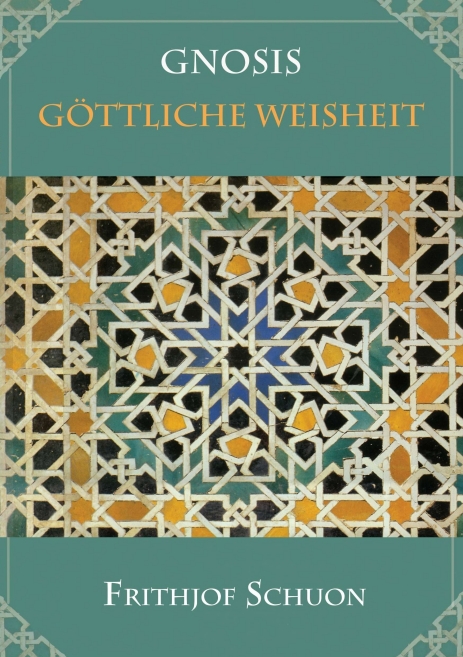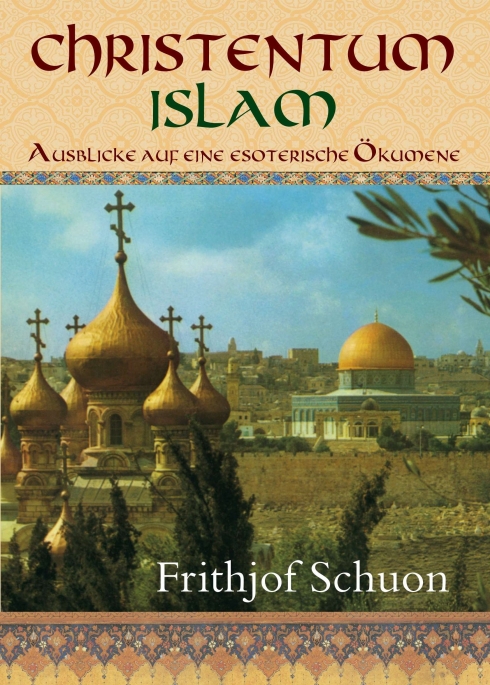“God is ‘light’ ‘before’ He is ‘heat,’ if one may say so; gnosis ‘takes precedence’ over love, or rather, the latter ‘follows’ the latter, for gnosis embraces love in its own way, whereas love is nothing other than the bliss that ’emerges’ from gnosis. One can love the false without love ceasing to be what it is; but one cannot in the same way ‘know’ the false, that is, knowledge cannot be mistaken about its object without ceasing to be what it is; error always involves a lack of knowledge, whereas sin does not involve a lack of will.”
Frithjof Schuon (1907-1998) is widely regarded as one of the most important writers on the philosophy of religion of the 20th century. He is considered a leading exponent of that school of thought called Sophia perennis (“everlasting wisdom”), which contains the timeless and universally valid principles underlying the various doctrines, symbolism, sacred art, and spiritual exercises of the world’s religions.
“Gnosis,” for Schuon, is profound knowledge that transforms man and must not be confused with the heresies that arose at the time of early Christianity, which today are often grouped under the term “Gnosticism.” The first part of the book deals with questions related to the diversity of religious traditions; the second with metaphysical and anthropological issues, including the insightful essay “Seeing God Everywhere”; the third is devoted to Christianity from the point of view of Gnosticism.
The book is addressed to people who are searching for a spiritually grounded understanding of the world and their own lives, an understanding that goes beyond the answers that modern science can provide. It is able to lead to liberating insights and deep certainty.
Christentum – Islam: Ausblicke auf eine esoterisch Ökumene (e-Book)
In this work, Frithjof Schuon compares Christianity and Islam and also looks at confessions within these world religions: Protestantism, Orthodoxy, and Shiism.



